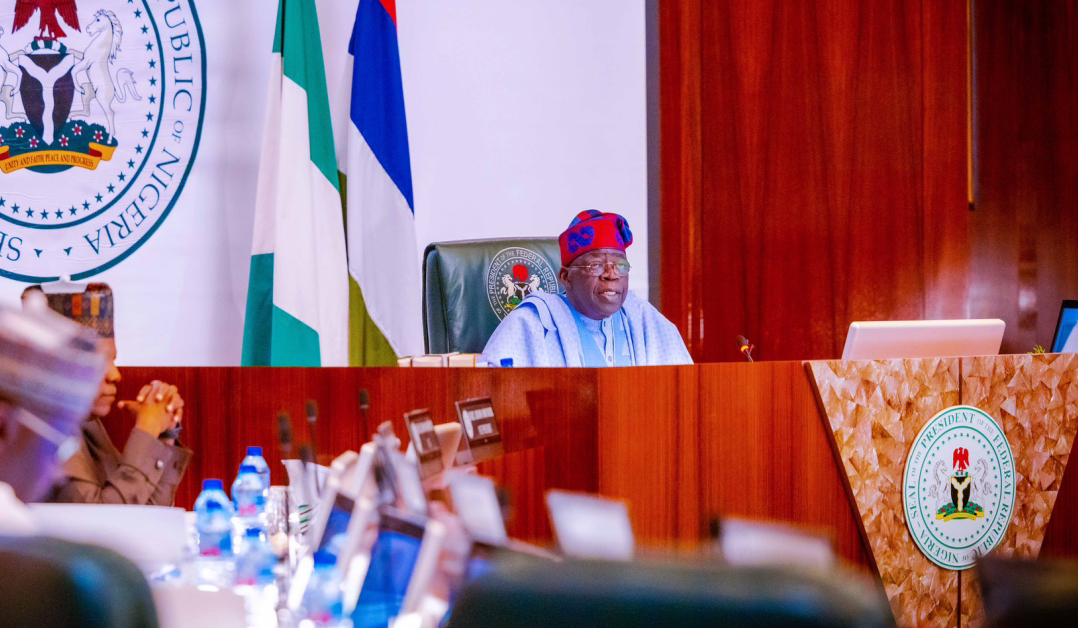
President Bola Tinubu affirms that since taking office on May 29, he has been diligently working day and night to address Nigeria's economic crisis and security concerns.
"In our present circumstances, our nation is encountering certain difficulties, particularly pertaining to our ailing economy and underlying security issues," expressed Mr. Tinubu in his Eid-el-Kabir address.
He further stated, "Although I acknowledge these challenges, I want to assure you that they can be overcome. My team and I are tirelessly working day and night, devising strategies to address them. We have already initiated measures to reform our economy and eliminate obstacles to its growth."
Following his inauguration, the Nigerian president made a sudden decision to eliminate fuel subsidies, resulting in a significant increase in petrol pump prices from N195 to N540. Unfortunately, no provisions were made to mitigate the negative impact on the Nigerian populace.
Under President Tinubu's leadership, there has been a distressing increase in senseless violence and killings. Disturbingly, it has been reported that at least 80 innocent Nigerians lost their lives during the first week of his tenure, prompting Amnesty International to issue a statement urging the Nigerian leader to fulfill his responsibility of safeguarding lives and property.
Amidst the economic complexities confronting Nigerians, the president made the decision to allow the naira to float by instructing the Central Bank of Nigeria. This led to a further devaluation of the national currency in the official forex market, enabling banks to determine exchange rates with the dollar and other foreign currencies.
In a series of actions, President Tinubu took the step of suspending CBN Governor Godwin Emefiele and EFCC Chair Abdulrasheed Bawa, while also initiating investigations into their respective tenures. Simultaneously, he signed a student loan legislation into law, introducing rigorous conditions for its implementation.


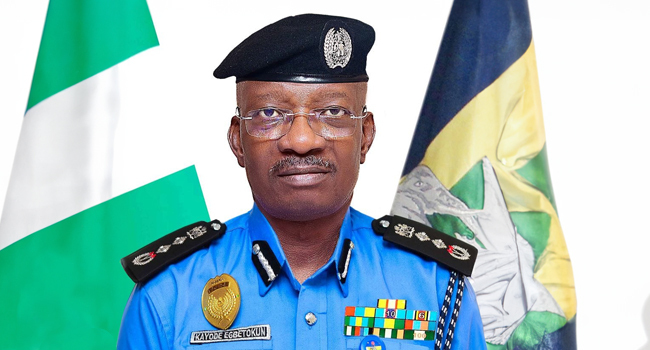
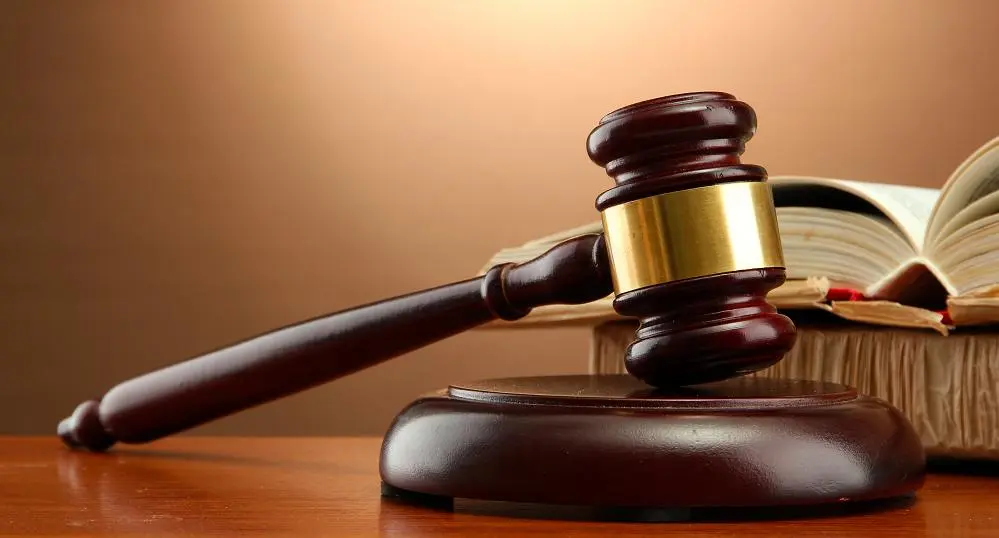
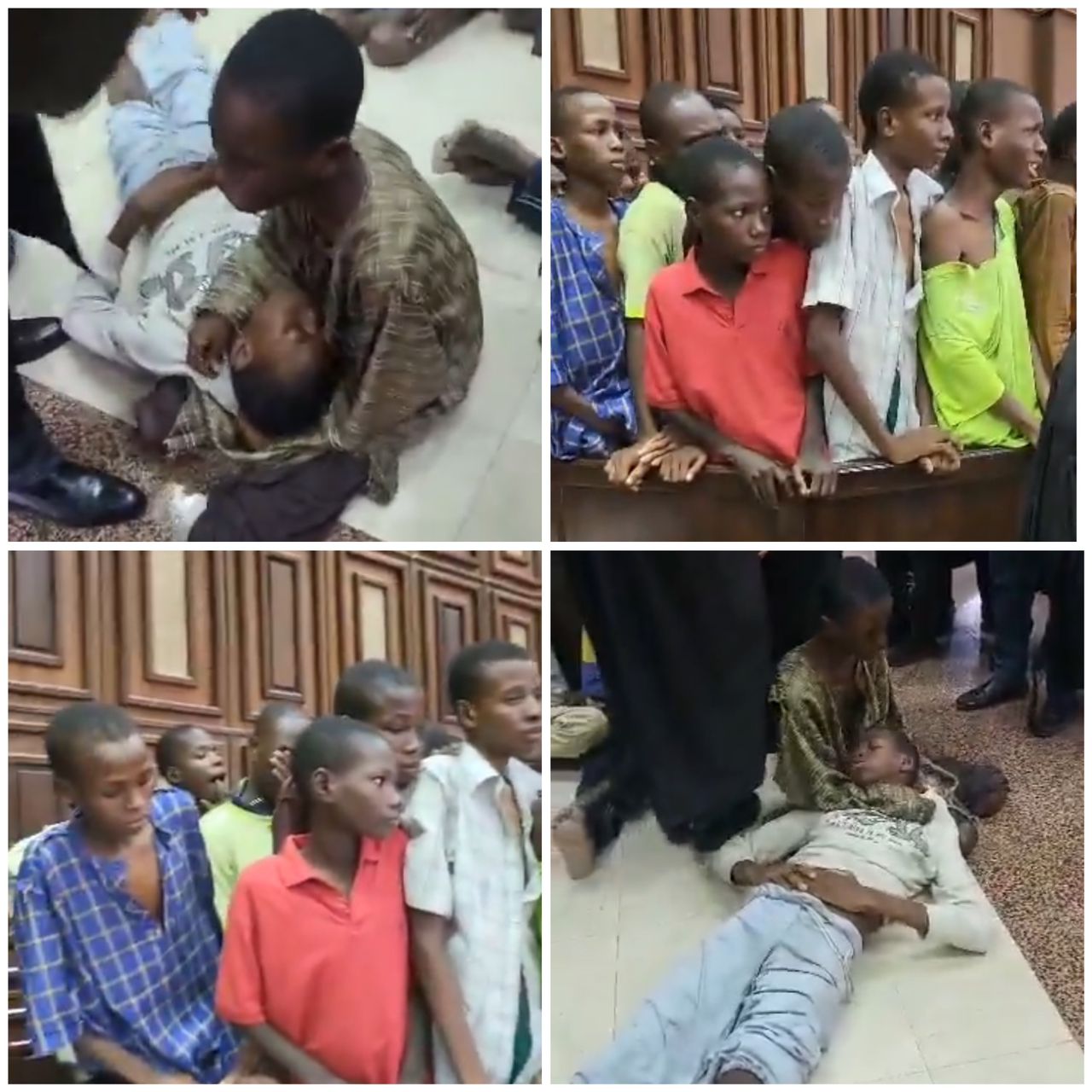
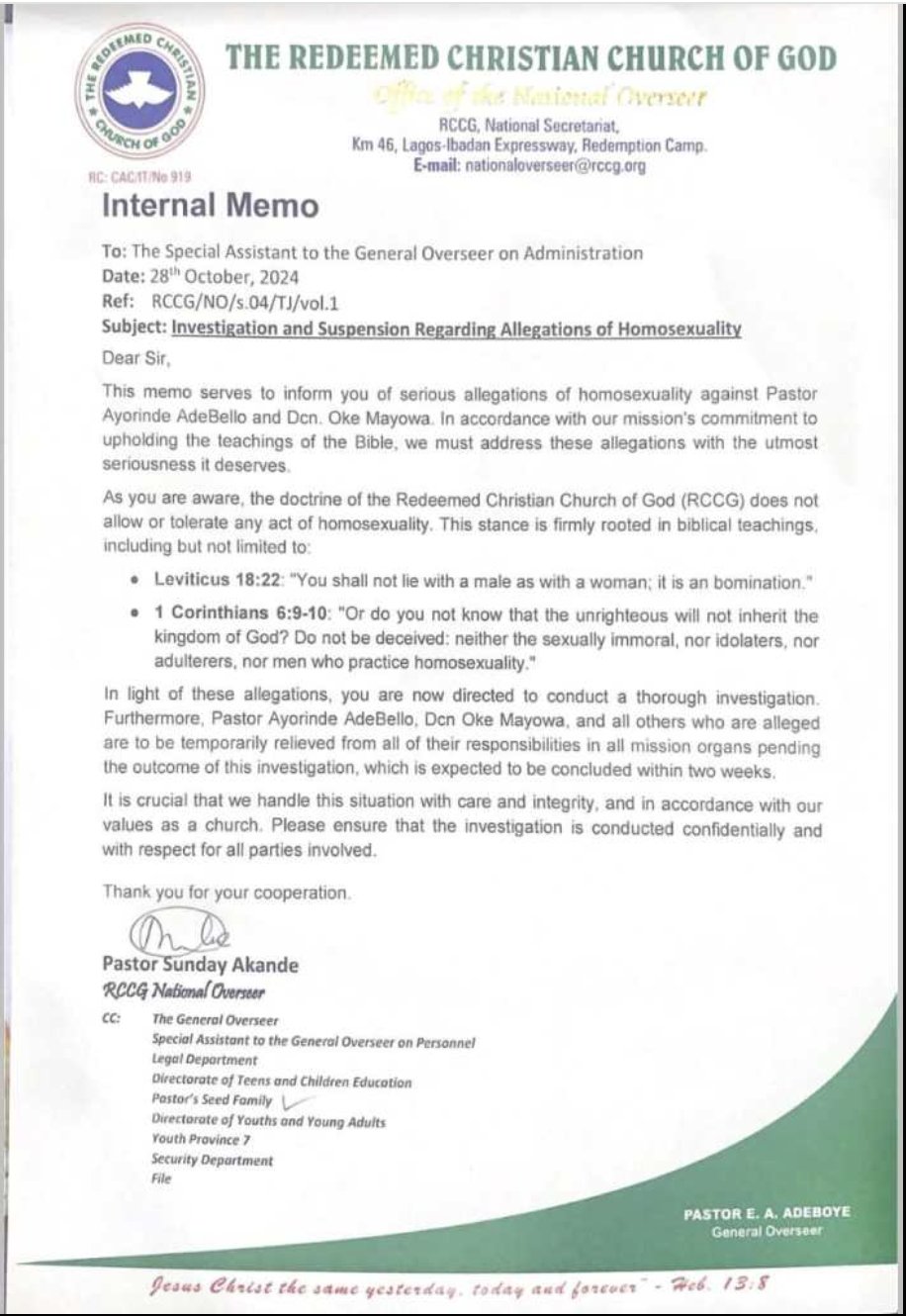



Leave a comment